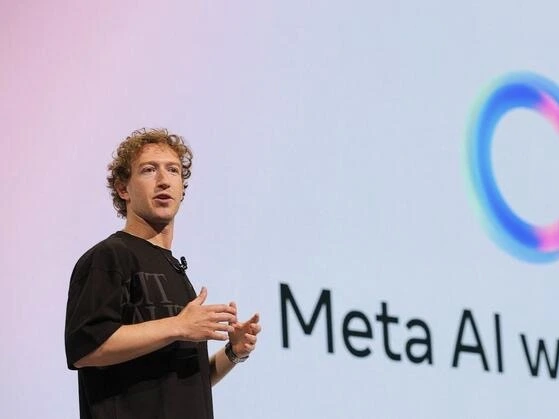- Meta has hired top OpenAI researchers, inked a near $15 billion Scale AI deal and is committing to spend $65 billion -$72 billion on AI infrastructure in 2025.
- Energy plans include a 20-year nuclear power deal with Constellation Energy (Illinois) and multiple renewables agreements to ensure clean, reliable power for AI workloads.
What happened: Meta ramps up AI investment and talent acquisition
Meta is escalating its artificial intelligence strategy on multiple fronts, with a combination of high-profile talent acquisition, major investment in data infrastructure, and energy procurement. The company recently hired three leading researchers—Lucas Beyer, Alexander Kolesnikov and Xiaohua Zhai—formerly with OpenAI’s Zurich team, a move that drew public criticism from OpenAI CEO Sam Altman, who described it as “poaching” and cast doubt on whether replicating OpenAI’s formula would yield similar breakthroughs. Nevertheless, Meta is proceeding undeterred, having sealed a deal worth almost $15 billion with Scale AI to supply the data annotation and infrastructure needed to train its next generation of large language models. The agreement also brings Scale AI CEO Alexandr Wang closer to Meta’s AI development pipeline.
These moves come amid Meta’s ambitious infrastructure plans: the company is projecting between US $65–72 billion in capital expenditures for 2025, with AI compute as a central focus. On the energy side, Meta has signed a 20-year power purchase agreement with Constellation Energy to secure 1,121 MW of nuclear-generated electricity from the Clinton Clean Energy Center in Illinois, starting in 2027. This is part of Meta’s broader strategy to ensure clean and reliable energy for its growing AI data centre network, alongside previous renewable energy deals with firms such as Invenergy. Meta’s combined approach of securing top talent, long-term energy, and scale partnerships positions it as a formidable AI infrastructure contender.
Also Read: Apple and Meta avoid EU fines as DMA investigations continue
Also Read: Meta targets OpenAI researchers with massive $100m bonuses
Why it’s important
Meta’s AI investments reflect an urgent race for leadership in a generational technology shift. By combining massive spending with strategic moves across talent, compute, and energy, Meta is signalling that dominance in AI won’t just come from better algorithms but from building an ecosystem that can sustain and scale innovation. The recruitment of key OpenAI personnel and the partnership with Scale AI underscores the importance of proprietary training data and engineering know-how, while the nuclear power deal shows how seriously Meta is treating the physical constraints of AI infrastructure. Clean, uninterrupted electricity is now as critical to AI development as GPUs or data sets.
Moreover, Meta’s intent to integrate its AI models into products like Ray-Ban smart glasses and other consumer devices hints at a vision where its technology will not only support backend systems but become a constant interface in everyday life. The company’s holistic approach—from chips to servers, from datasets to distribution—marks a step change in how big tech is defining AI readiness. Whether it can translate this into usable, trustworthy AI products faster than competitors like OpenAI, Google DeepMind or Anthropic remains to be seen.

